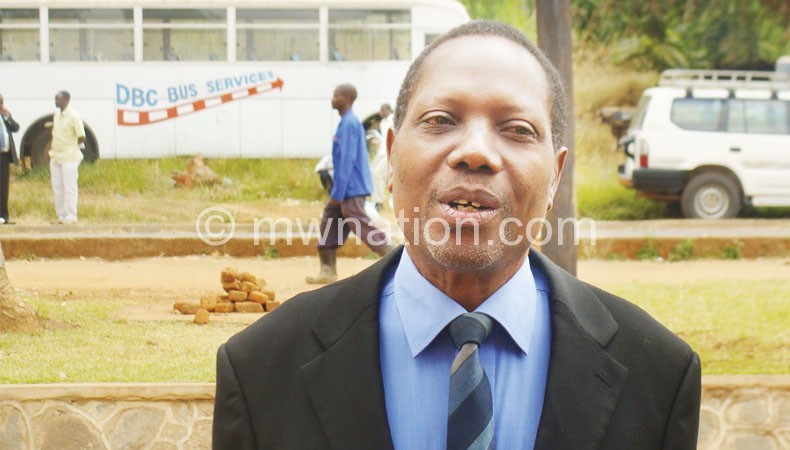Malawi in daunting revenue projections

must pay tax
The Malawi Government expects to collect more money from individuals and businesses with domestic revenues to gross domestic product (GDP) ratio jumping to 25.7 percent in two years, propelled by a rise in tax revenue.
University of Malawi’s Chancellor College economist Ben Kaluwa said this week despite the estimates and projections being challenging, they are achievable.
Faced with donor aid freeze due to Cashgate that has seen the country struggle to meet its expenditure requirements, Malawi Government 2014 annual economic report has indicated that the government intends to collect about 19.9 percent of GDP this fiscal year, 21.7 percent next year. The figure will rise further by four percentage points to 25.7 percent in the following year, gradually weaning the economy from donor reliance, according to the report.
Tax revenue will jump by six percentage points to 24 percent between this year and the next two years, said the report.
As a result of the bold move, the fiscal deficit—the difference between revenue and expenditure—will also shrink, making government to cut on its debt which will eventually benefit the economy, according to the report.
In domestic revenue—tax and non tax revenue—the government will raise about K525 billion this year, K617 billion next year and K729 billion the following year.
But a comparison of the economy’s contribution to domestic revenue is far below the projections, raising questions on how realistic the projections are.
The economic report indicates that for the past three years, government has only managed to collect between 16.6 percent and 20.2 percent of the GDP and has estimated that it will collect 19.9 percent this year.
Kaluwa said Malawi authorities need to look at what other economies, including South Africa, have done to collect more from the informal sector.
“We need to formalise most of the small and medium enterprises and make them tax compliant. This will make them to be recognised in GDP contribution and make them contribute to domestic revenue,” he said in an interview.
Kaluwa, however, said this usually takes some time and is not easy to achieve.
To implement the challenging domestic revenue projections, government said it has lined up a number of strategies that will see the economy’s contribution to tax and non-tax revenue rise.
Treasury spokesperson Nations Msowoya on Tuesday said government is hoping on improved efficient revenue collection measures, including Electronic Fiscal Devices (EFDs) for value added tax (VAT) and scanners for international trade taxes.
“The government is planning to extend to property taxes and electronic filing,” he said, stressing that the general thrust of the revenue collection reforms is to eventually to wean Malawi from donor reliance.





